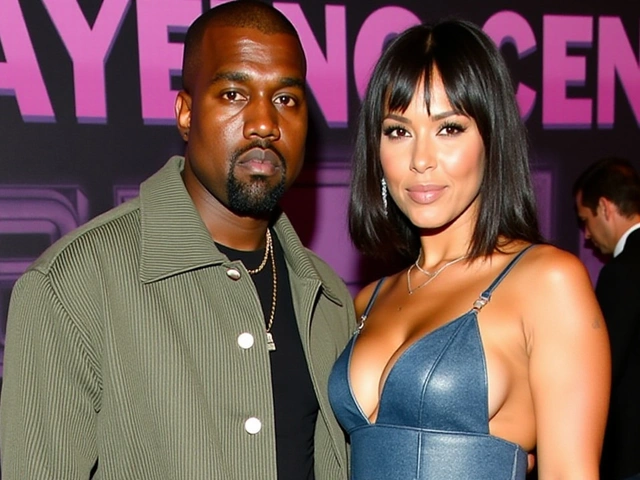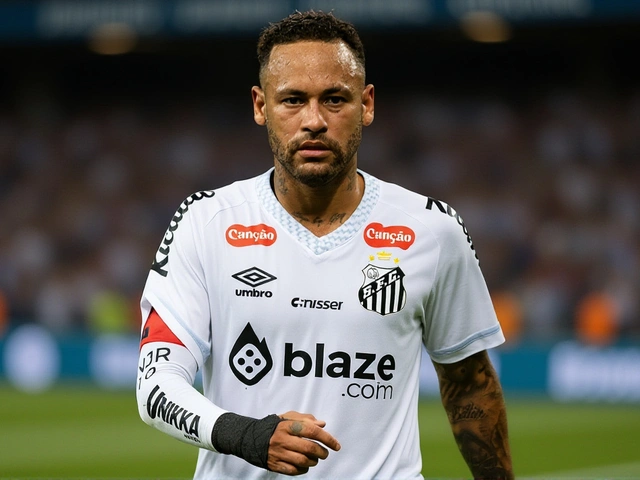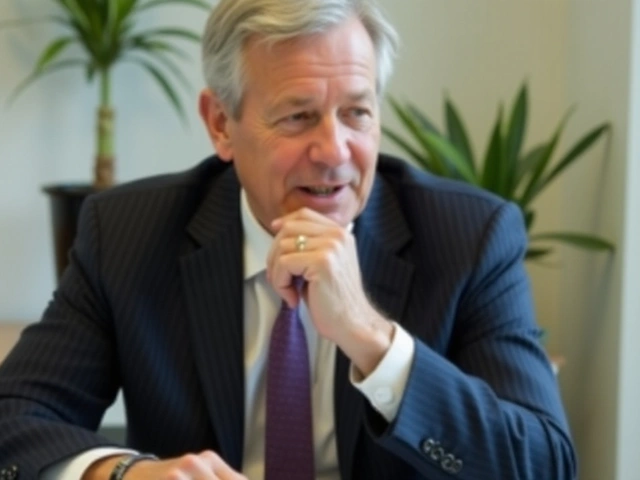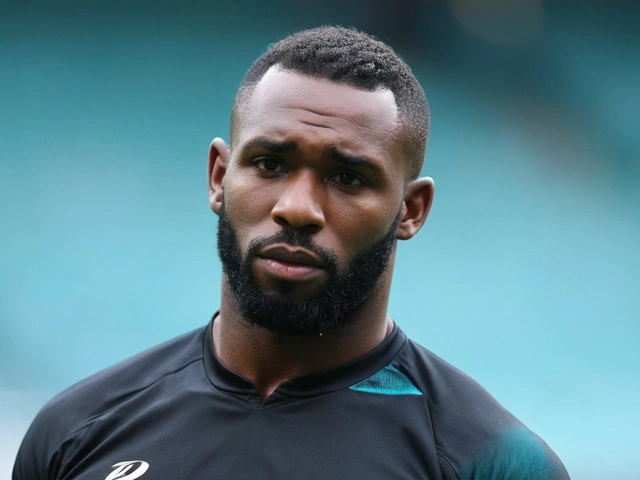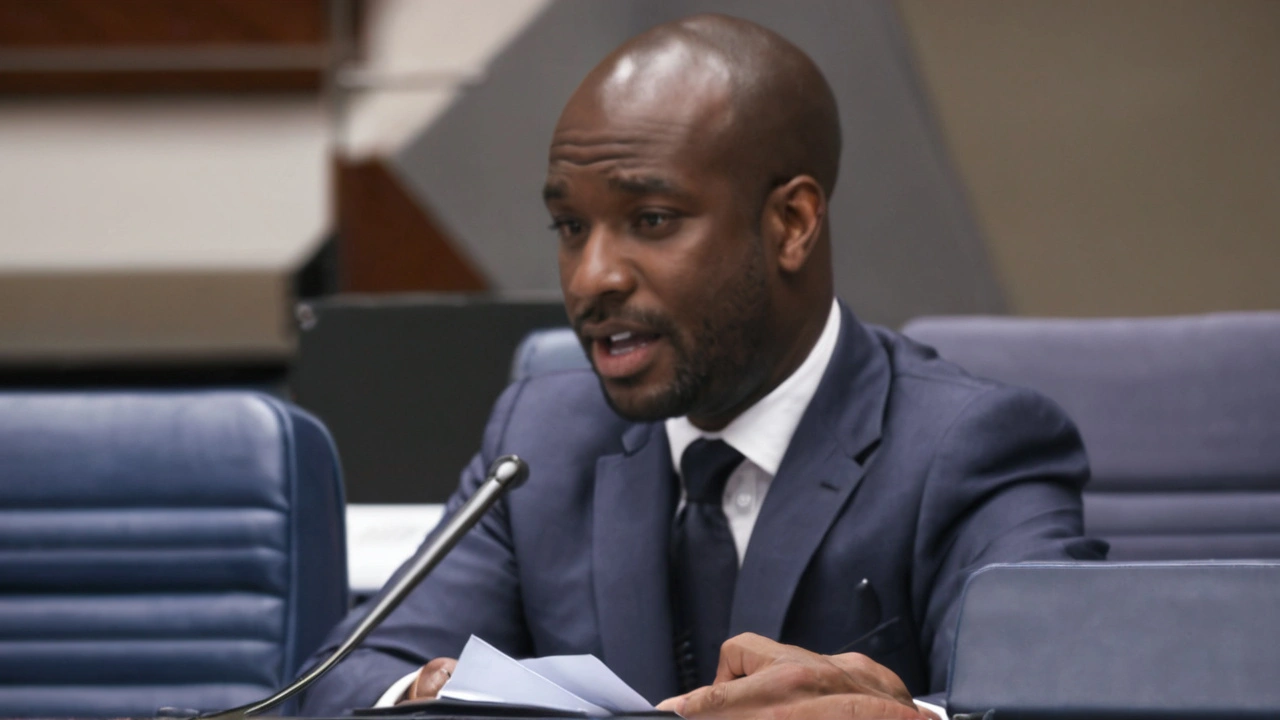
Sifuna Declares ODM Uninvolved in Ruto's Cabinet Selections
The Secretary-General of the Orange Democratic Movement (ODM), Edwin Sifuna, has decisively clarified that the party had no influence or involvement in the recent cabinet picks by President William Ruto. This assertion follows the nomination of four high-ranking members of ODM to key ministerial positions, which has sparked significant debate and scrutiny within the political landscape.
Named to serve as Cabinet Secretaries were John Mbadi, the Chair of ODM, who has been nominated for the Treasury; Wycliffe Oparanya and Hassan Joho, both serving as Deputy Chairs, have been nominated for Cooperatives and Mining respectively; and Opiyo Wandayi, the National Assembly Minority Leader, who has been nominated to the Energy portfolio. These nominations came as a surprise to many, considering ODM's stance as an opposition party.
Reactions Within ODM
Edwin Sifuna, speaking on behalf of the party, emphasized that any decision to join the government would necessitate a formal resolution by ODM, complemented by proper legal instruments to solidify such a coalition. To date, these conditions have not been met, thus isolating the actions of the nominated members from the collective will and strategy of the party.
Moreover, Sifuna was direct in his criticism of the quartet for accepting their appointments without securing prior approval or consensus from the party. He suggested that these individuals likely engaged in behind-the-scenes negotiations with President Ruto to secure their appointments, a move he described as lacking transparency and respect for party protocols.
This issue has caused ripples within the party, igniting speculation and criticism from various quarters, especially from younger politicians in ODM. They have voiced their dissatisfaction and are pushing for an overhaul of the current administration, deeming it out of touch with the party's core values and principles.
The Formal Coalition Process
Expounding on the issue, Sifuna emphasized that if ODM were ever to contemplate joining the government officially, it would be a process involving comprehensive consultations and a vote among all party members. This would ensure that any decision is reflective of the collective will and is undertaken with utmost transparency and adherence to party principles.
He further stated that should the question of leadership nominations by Raila Odinga arise, the choices would significantly differ from those recently nominated. This statement hints at a larger dissatisfaction within the party regarding the four members who accepted the cabinet positions, suggesting that other leaders within the party hierarchy might have been overlooked in favor of those who pursued their appointments independently.
Political Implications
The developments have opened a wider discourse on the internal dynamics of ODM and its approach to politics under the current administration of President Ruto. Given ODM's historical role as an opposition party, the notion of collaborating with the current administration without a structured party mandate raises concerns about betrayal of the party's founding principles and the potential ramifications on its credibility among supporters and the larger public.
Younger ODM members, aligning with a call for a rejuvenation of the party's approach, argue that the current administration within ODM has grown complacent and disconnected from the grassroots supporters. They point to these unexpected nominations as evidence of the need for a renewed, more inclusive leadership that honors the party's commitments and legacy.
This controversy also underscores broader questions about political alliances in Kenya and the nature of coalition-building. It echoes a familiar narrative in Kenyan politics where lines between the government and opposition can blur, frequently leading to fractious relationships within parties.
For many ODM supporters, the fundamental loyalty to the party's ideals and its leadership by Raila Odinga remains a touchstone. Yet, this incident signals the need for a possible reassessment of strategies and practices to safeguard the core principles that define ODM.
Concluding Thoughts
As the political drama unfolds, it remains to be seen how ODM will navigate this internal challenge. The pressure from within to address the divergence from party protocols is palpable. Additionally, the scrutiny from external observers and supporters adds another layer of complexity to the situation.
In the end, the way ODM approaches this issue could set a crucial precedent for how political parties balance internal cohesion with the external opportunities offered by potential governance coalitions. Whatever course they choose, it will undeniably shape the trajectory of ODM and its role in Kenya's political sphere in the foreseeable future.

